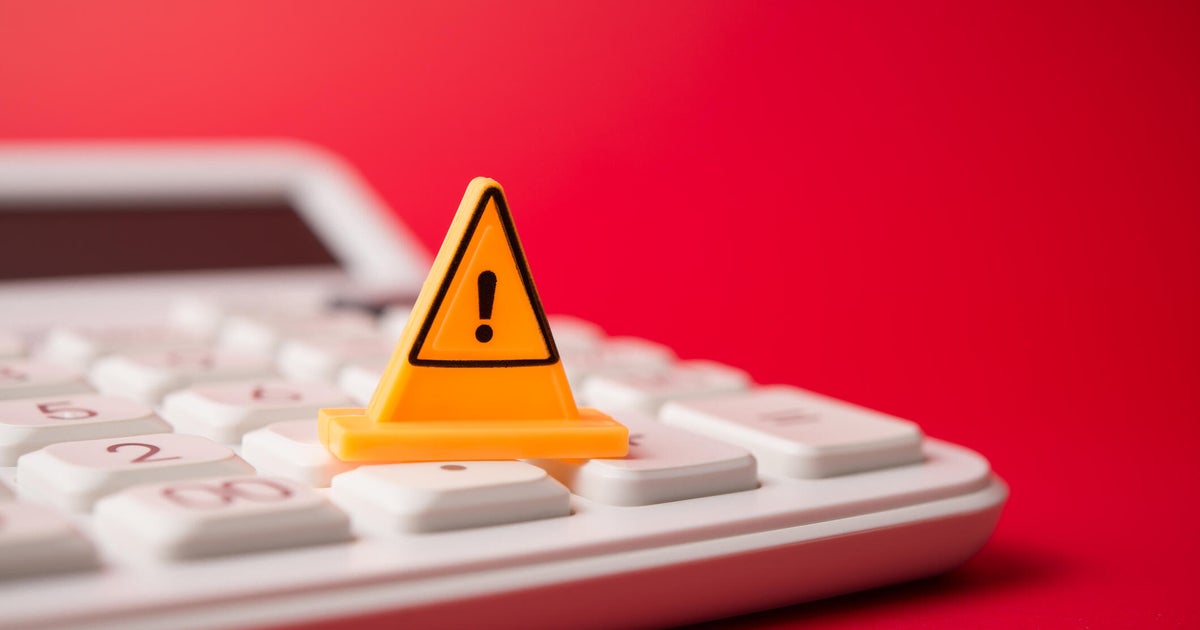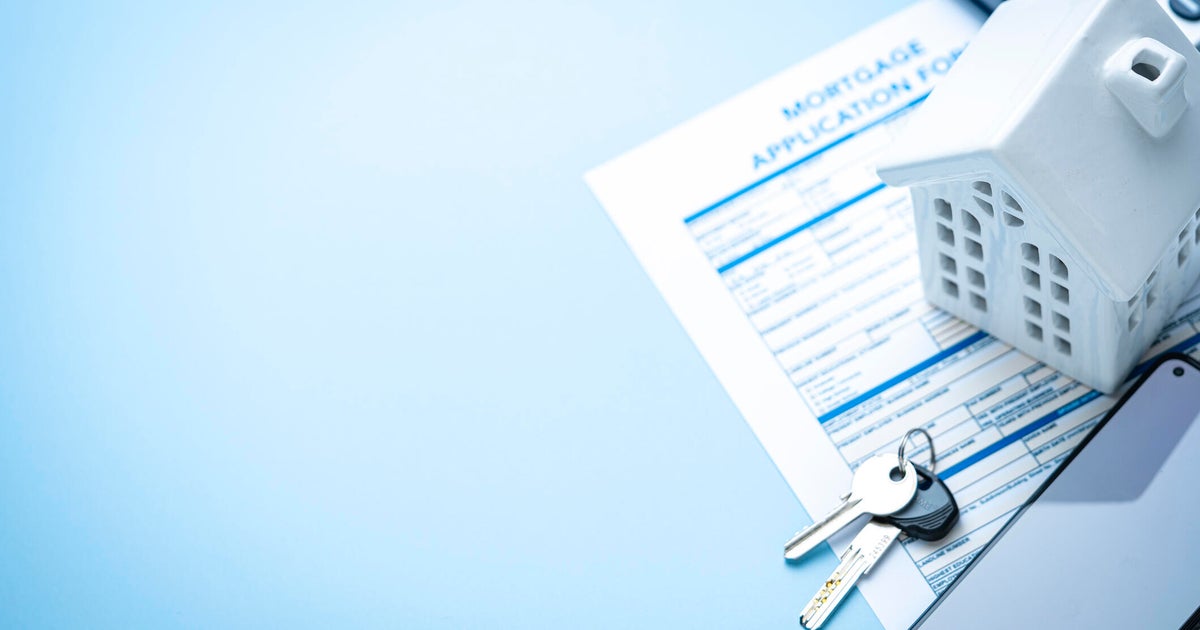Why you should get a home equity loan this summer
When it comes to summer plans, many people may not think about making major financial decisions. But in today's unique economic climate, in which inflation is cooled but stubborn and interest rates frozen at their highest point in decades, it's critical to keep your financial health a priority. And with many dealing with high-interest debt and growing expenses, it's worth evaluating new ways to cover these costs.
For homeowners, one such method is via home equity borrowing. By tapping into the home equity they accumulated with a home equity loan or home equity line of credit (HELOC), owners can pay for a wide array of expenses and debts. But interest rates on both options have ticked up in recent years, emphasizing the benefit of utilizing this unique credit option at the right time. Fortunately, this summer may be one of those opportune times to act.
Start by seeing what home equity loan interest rate you could secure here now.
Why you should get a home equity loan this summer
No matter what you need extra funding for, a home equity loan could be the way to secure it this summer. Here's why:
Economic relief may be (further) delayed
In early 2024, optimism was high that inflation was on a permanent downward slope and that interest rates would soon follow. But almost halfway into the year, that hasn't been the reality. After a series of disappointing inflation reports (the rate dropped to 3.4% in April from 3.5% in March), the Federal Reserve has elected to keep their federal funds rate frozen at a 23-year high. And while the Fed doesn't directly affect what private lenders offer borrowers, they do heavily influence those rates. So, if you were hoping for a reduction in credit card and personal interest rates, you may have to wait a bit longer.
In these circumstances, a home equity loan, with its single-digit interest rate, can be particularly appealing. And if you use it to consolidate your other, higher-interest debts, you can potentially save significant amounts of money, giving you a buffer until the economy ultimately stabilizes and economic relief surfaces.
Learn more about your home equity loan options online.
You may have access to large sums of money
If you've been living in your home for a few years or longer you may be sitting on a substantial amount of equity. The average homeowner has around $300,000 worth of equity right now, of which they can safely access around $190,000. Compare that to your highest credit card limit or what you think you can secure with a personal loan and it becomes clear that a home equity loan is the preferred option.
That said, home equity values can change. If your appraised home value drops in the future, so will the amount of equity you have to work with. So don't wait for that to happen. Start shopping for home equity loans now while your equity is still high.
It's still less expensive than alternatives
Sure, home equity loans haven't been exempt from the interest rate surge of recent years. But they're still lower and less expensive than many alternatives. With an average rate of 8.61% right now, home equity loans are significantly cheaper than personal loans (which hover over 12% on average) and credit cards (just under 21%). This is a major advantage no matter your intended use of the home equity loan, but it's particularly advantageous if you're planning on using it to consolidate or pay off debts with the aforementioned rates. Plus, home equity loan rates are fixed, so they won't increase further, even if the overall rate climate does.
The bottom line
If you've been thinking of tapping into your home equity, this summer can be a smart time to do so. With economic relief appearing further in the distance, an average equity amount worth more than $190,000 right now and lower interest rates than many other credit alternatives, this summer could be a smart time to turn to a home equity loan. Just make sure to carefully consider the pros and cons of this unique borrowing option as your home will serve as collateral and you could potentially lose it should you be unable to pay back any funds withdrawn.




